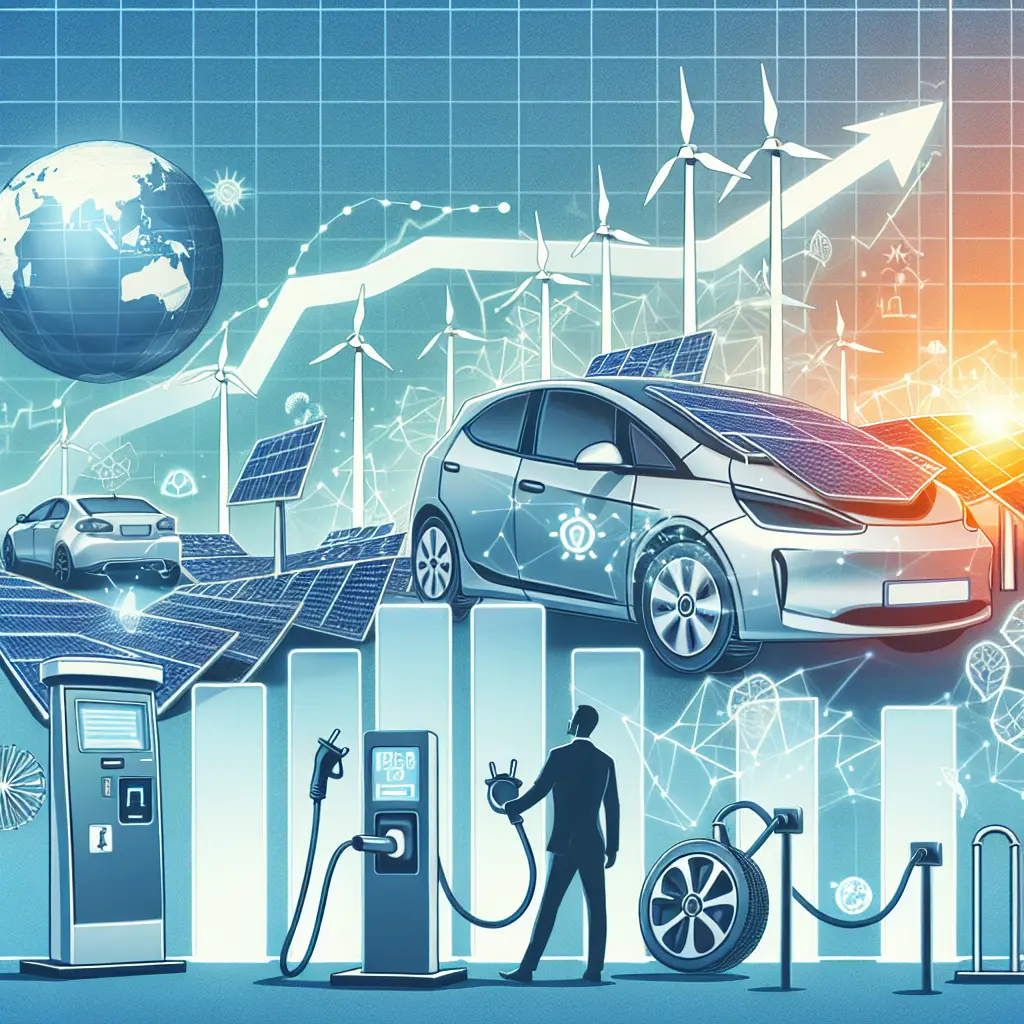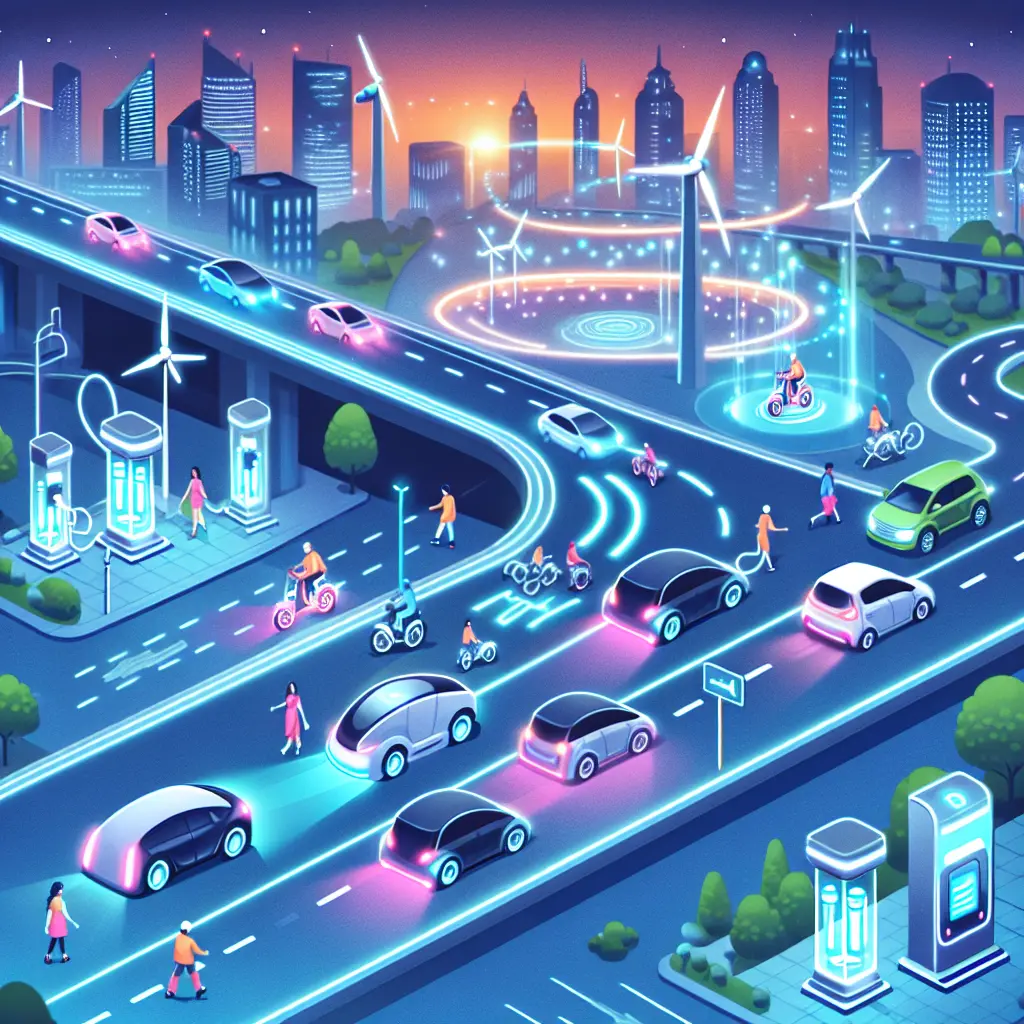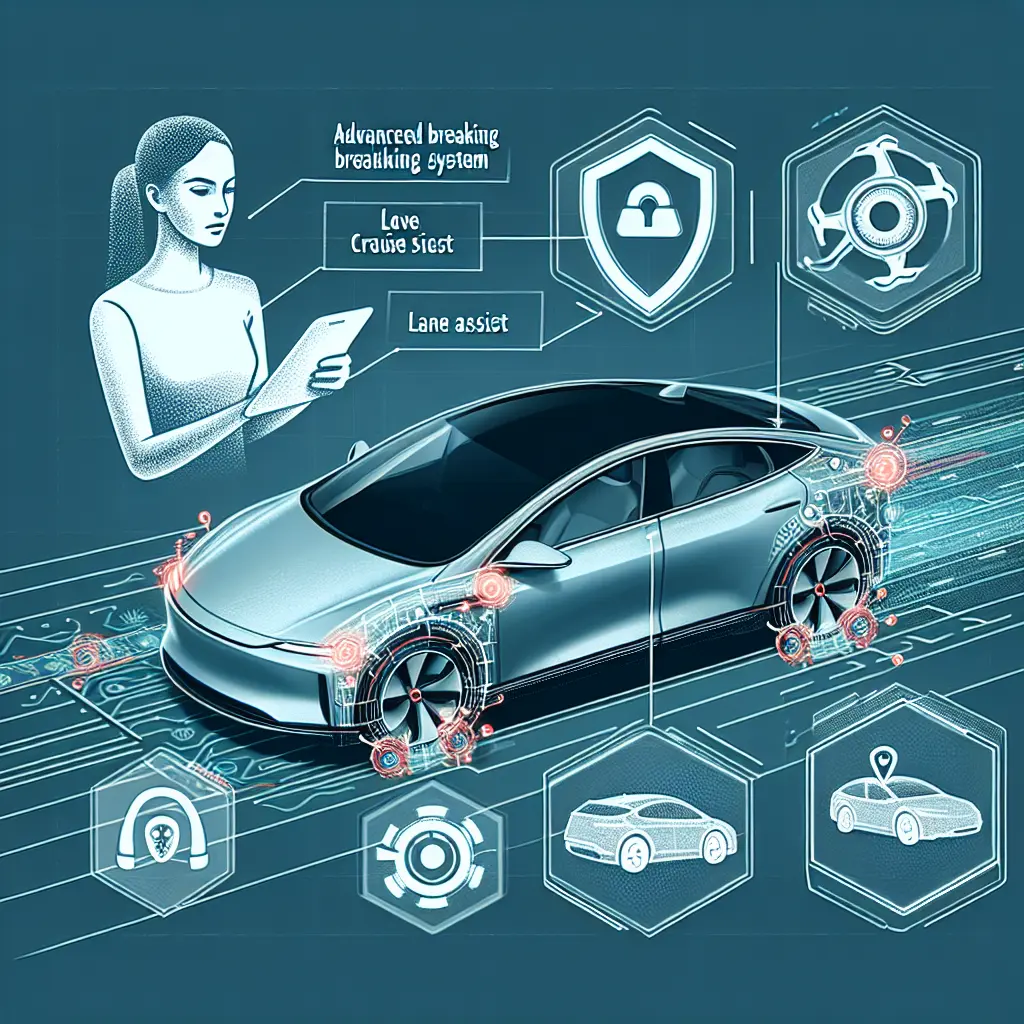As we navigate through the rapidly evolving landscape of renewable energy, few names have sparked as much discussion and excitement as Tesla. Under the leadership of Elon Musk, Tesla's relentless pursuit of innovation has not only revolutionized the automotive industry with its electric vehicles but has also made significant strides in other areas of renewable energy. In this blog post, we'll delve into the impact of Tesla's innovations on renewable energy trends, exploring how their technologies are shaping the future of sustainable energy solutions.
Tesla's journey began with electric vehicles but quickly expanded to encompass a broader vision for a sustainable energy ecosystem. This vision includes Tesla solar panels, Tesla Powerwall, and other energy products that epitomize green technology. The integration of battery storage technology with solar energy solutions allows for a more resilient and efficient energy grid, reducing reliance on fossil fuels and lowering carbon emissions.
Tesla’s approach to renewable energy is not just about creating alternatives but enhancing the efficiency and accessibility of these technologies. For instance, the Tesla Powerwall, a home battery system, exemplifies how Tesla innovations are making sustainable energy solutions more practical for everyday use.
The impact of Tesla on the energy sector can be observed through its disruptive innovations and the competitive response they provoke. Recently, China’s BYD has been catching up with Tesla in sales, indicating a significant shift in the global electric vehicle market and highlighting the broader acceptance and demand for electric vehicles (source). This competition underscores the influence Tesla has on accelerating innovation within the renewable energy industry.
Tesla's core innovation, electric vehicles, directly confronts one of the largest sources of carbon emissions: transportation. By making electric cars more desirable and technologically advanced, Tesla has not only mainstreamed EVs but also pushed other manufacturers to accelerate their own electric vehicle programs. The recent reintroduction of the Model 3 Long Range RWD to the US market at $42,490 is a strategic move to make sustainable transportation accessible to a broader audience (source).
Solar Energy Solutions and Battery Storage Technology
Solar power is a cornerstone of Tesla’s renewable strategy. The deployment of Tesla solar panels continues to grow, offering residential and commercial users the ability to generate their own clean energy. Coupled with battery storage technology, these systems can provide energy independence and stability, even in off-grid scenarios or during power outages.
Beyond vehicles and solar panels, Tesla’s suite of energy products continues to expand. The company is constantly innovating to improve its existing technologies and integrate them into the daily lives of its customers. Each product, from Tesla Solar Roof to Tesla Powerwall, is designed to seamlessly work together, providing a unified solution for managing energy generation, storage, and consumption.
The overarching theme in all of Tesla's innovations is the drive towards sustainable energy solutions. Whether it’s improving the range and efficiency of electric vehicles or enhancing the capacity and functionality of solar panels and batteries, Tesla’s efforts are geared towards reducing humanity's carbon footprint and promoting environmental sustainability.
Tesla's commitment to green technology is evident not only in its products but also in its manufacturing processes. The company aims to minimize its environmental impact by using renewable energy sources in its factories and ensuring that its products are recyclable at the end of their lifecycle.
Electric Car Impact and Tesla's Environmental Impact
The environmental impact of electric cars, particularly Tesla’s models, includes significant reductions in greenhouse gas emissions compared to internal combustion engines. However, it's important to address the entire lifecycle of these vehicles, from production to disposal, to ensure that they contribute positively to environmental goals.
Tesla's influence extends beyond consumer products; it also impacts regulatory frameworks and energy policies. By demonstrating the viability and benefits of renewable energy solutions, Tesla has influenced policy decisions and encouraged government incentives for adoption of green technology.
Despite its successes, Tesla faces challenges and controversies that could affect its future. Elon Musk's recent political endorsements and the delay of the Tesla Robotaxi event have stirred concerns among investors and customers alike (source, source). These events highlight the complexities of navigating business leadership alongside public expectations and market demands.
Tesla’s journey through innovation in renewable energy is not just about advancing technology but also about inspiring a shift in how we think about energy consumption and environmental responsibility. As we continue to witness the evolution of the renewable energy industry influenced by Tesla's innovations, it's clear that the path towards sustainable energy solutions is both promising and challenging.
Thank you for joining me in this exploration of how Tesla is shaping the future of renewable energy. Let’s continue to support and advocate for innovations that not only promise a greener future but deliver it.










Leave a Comment